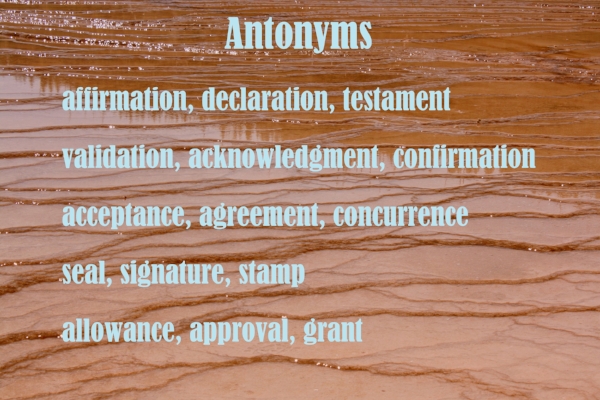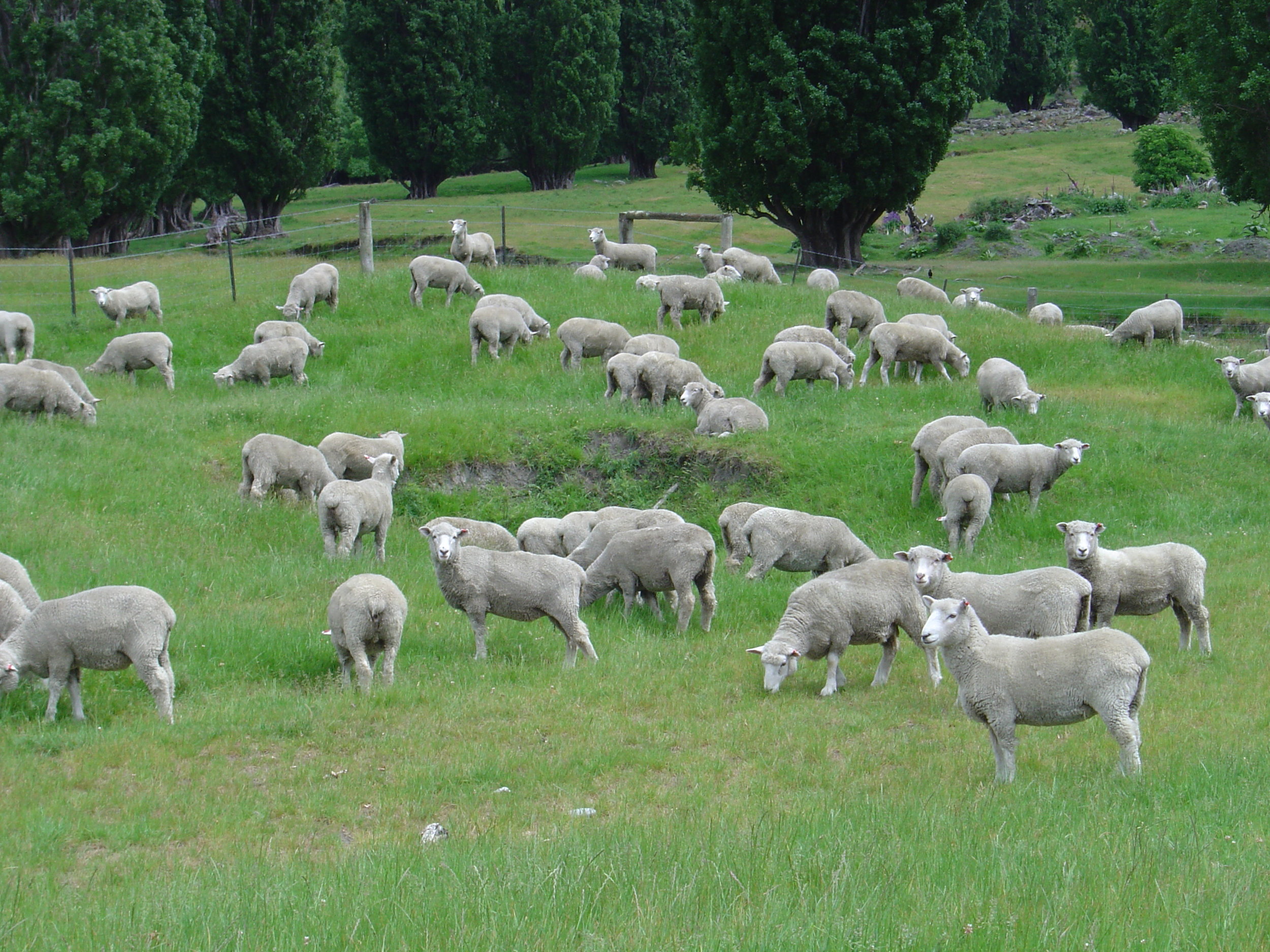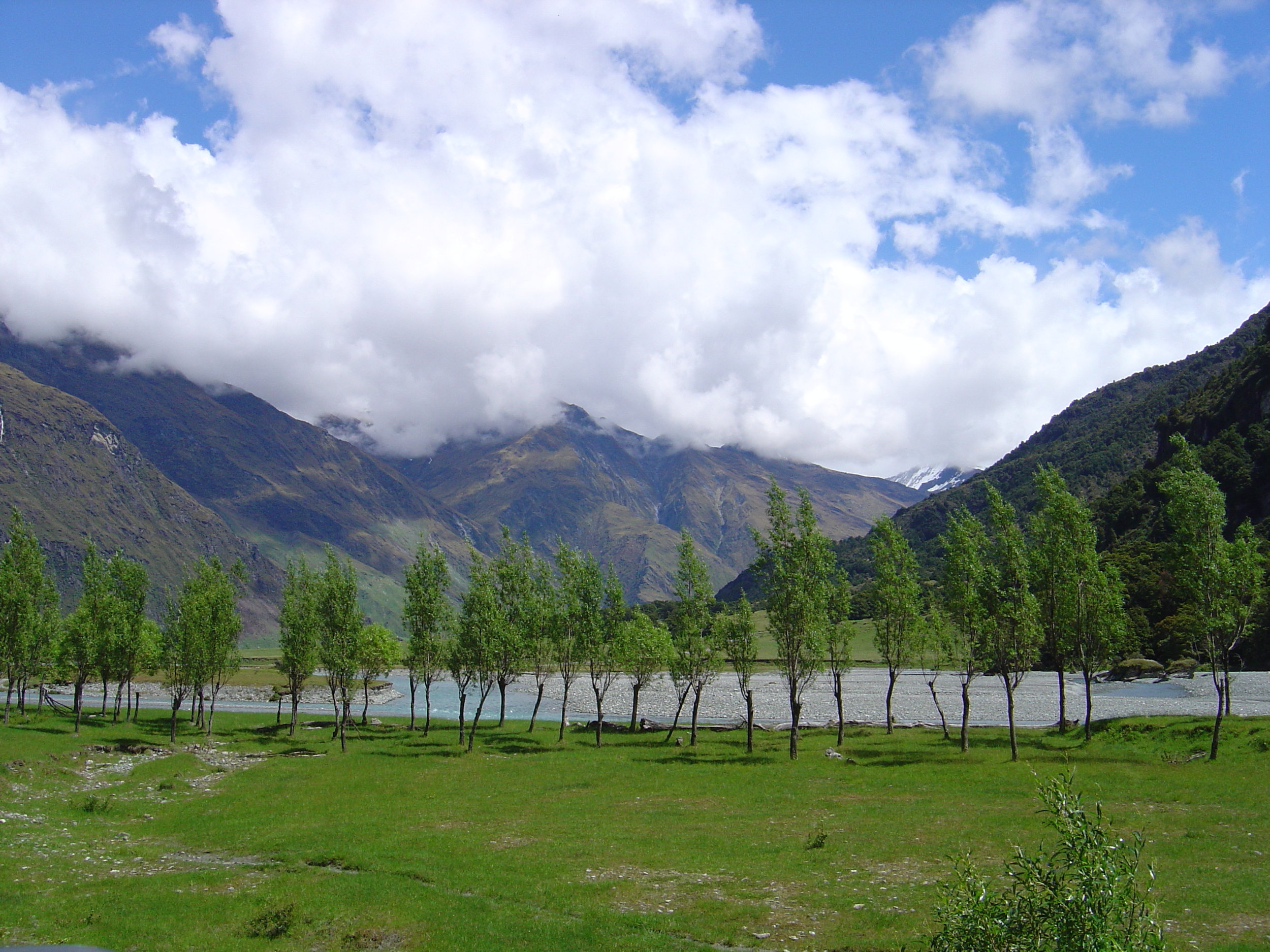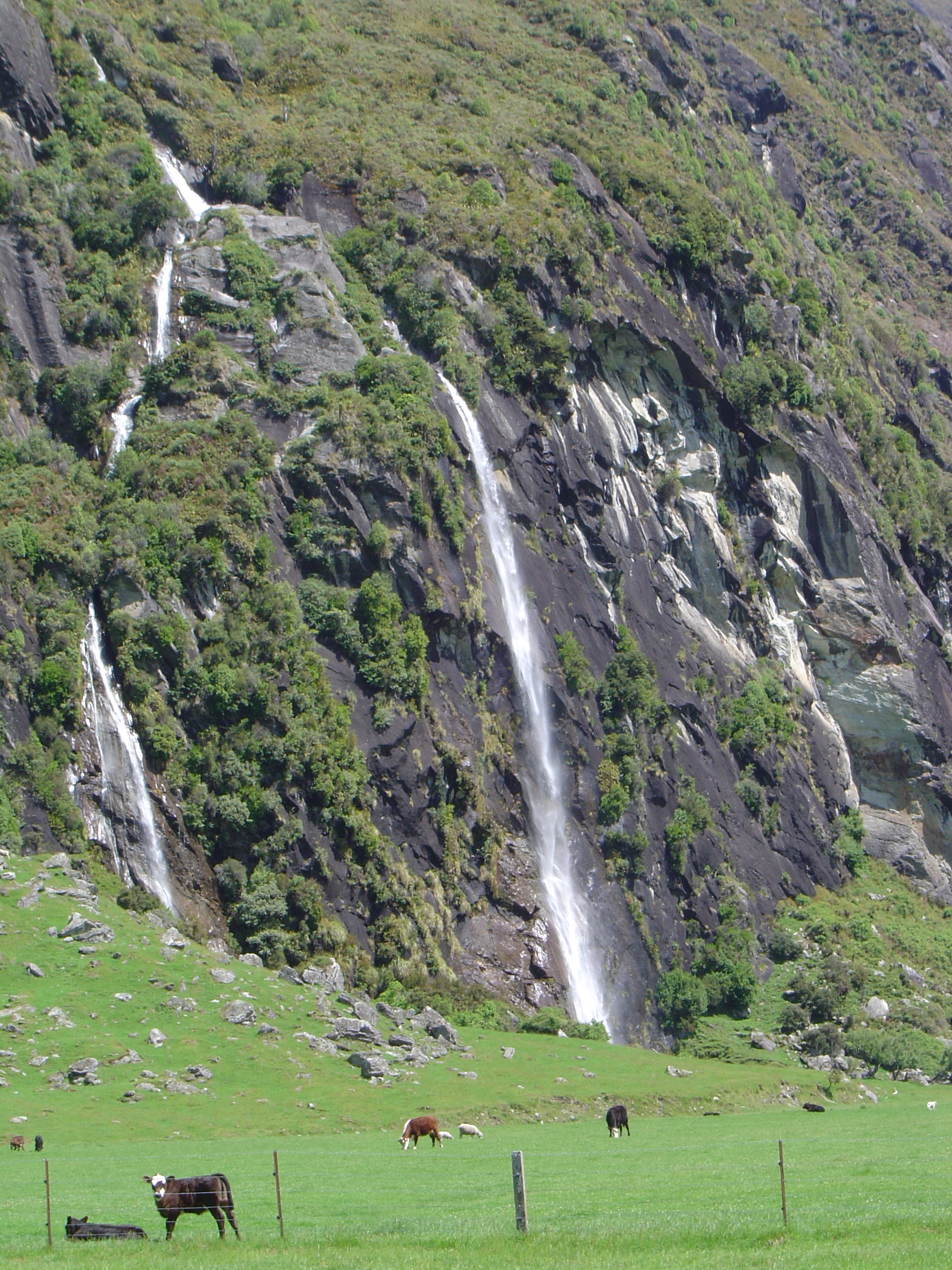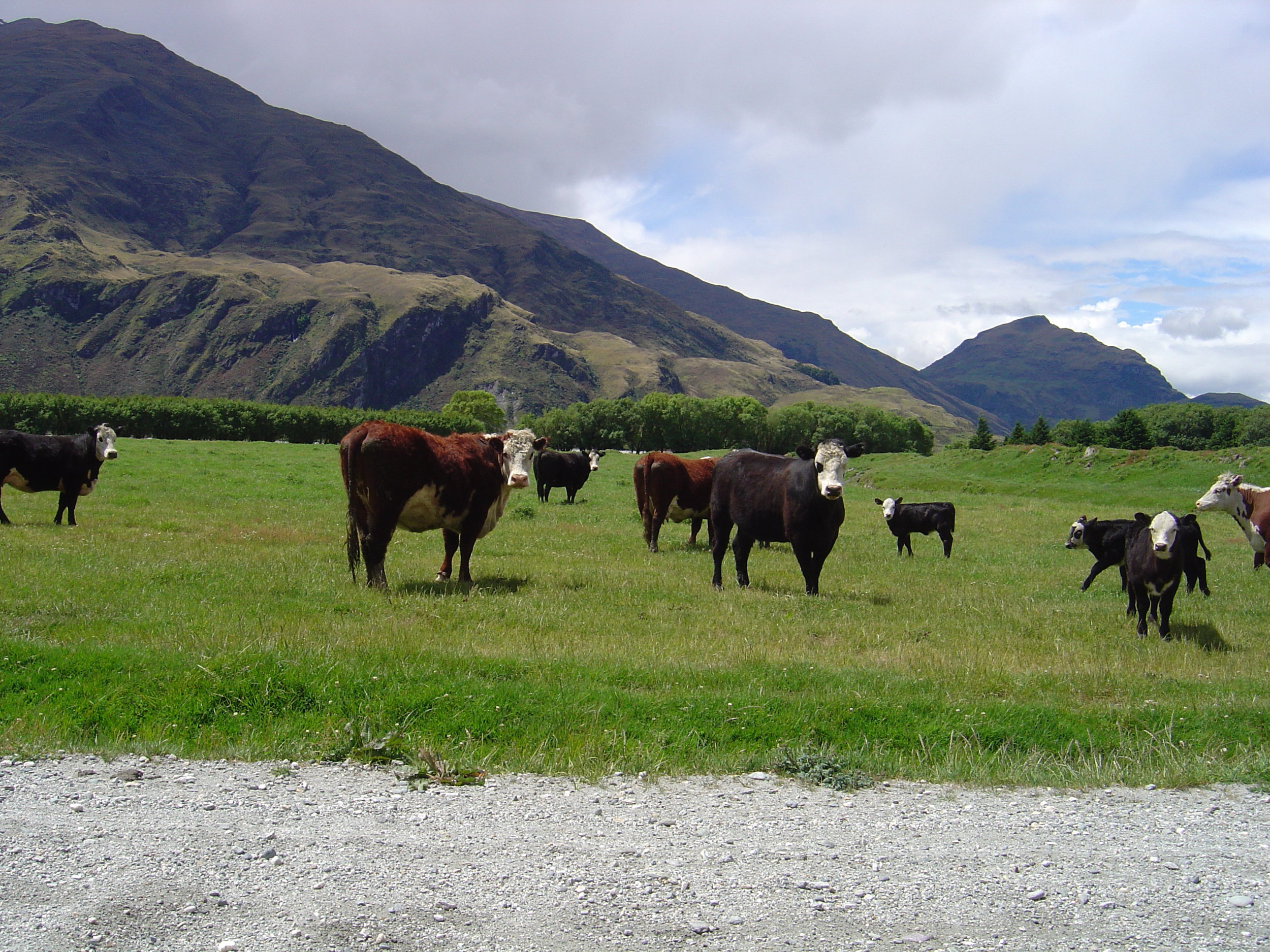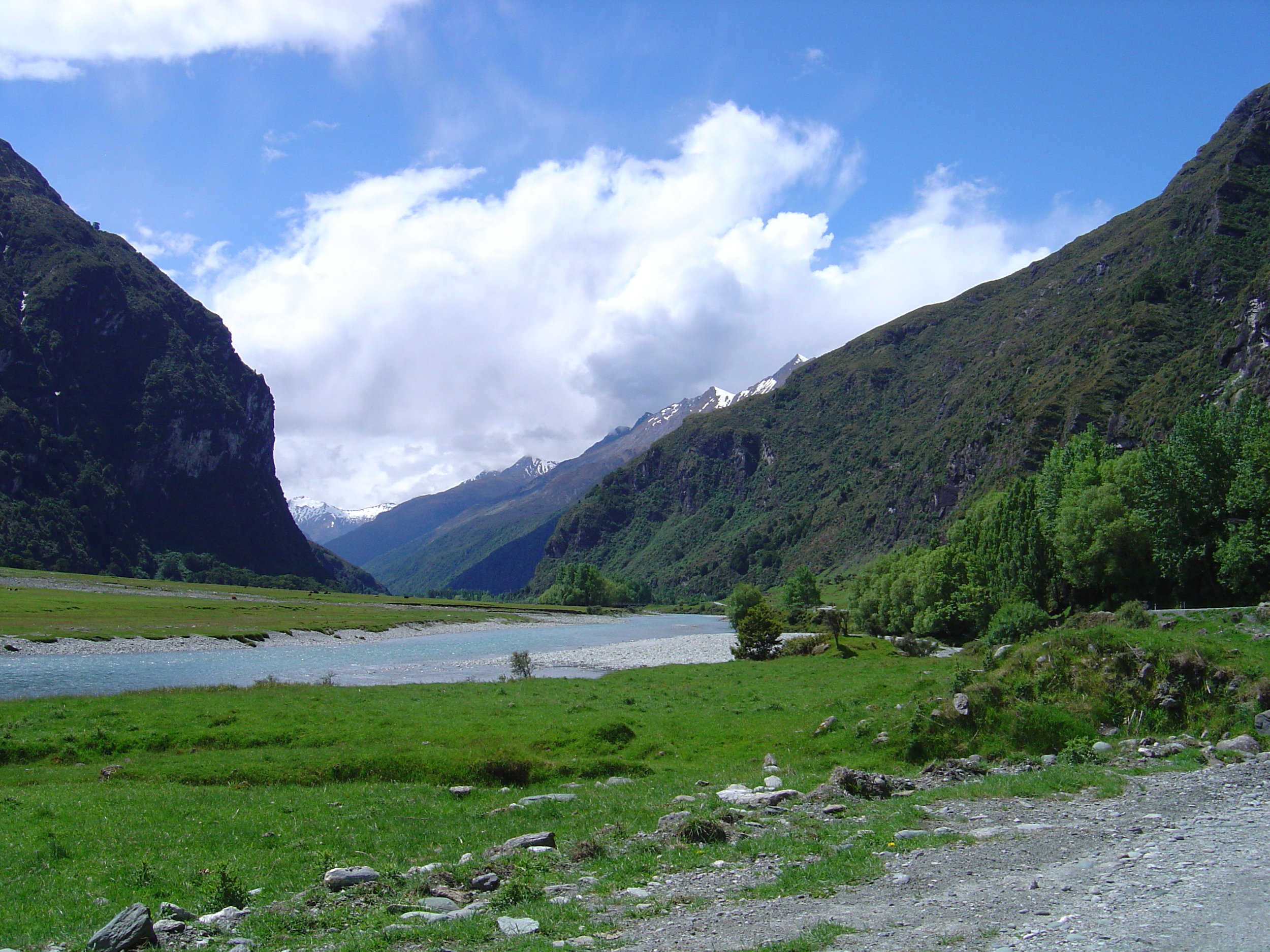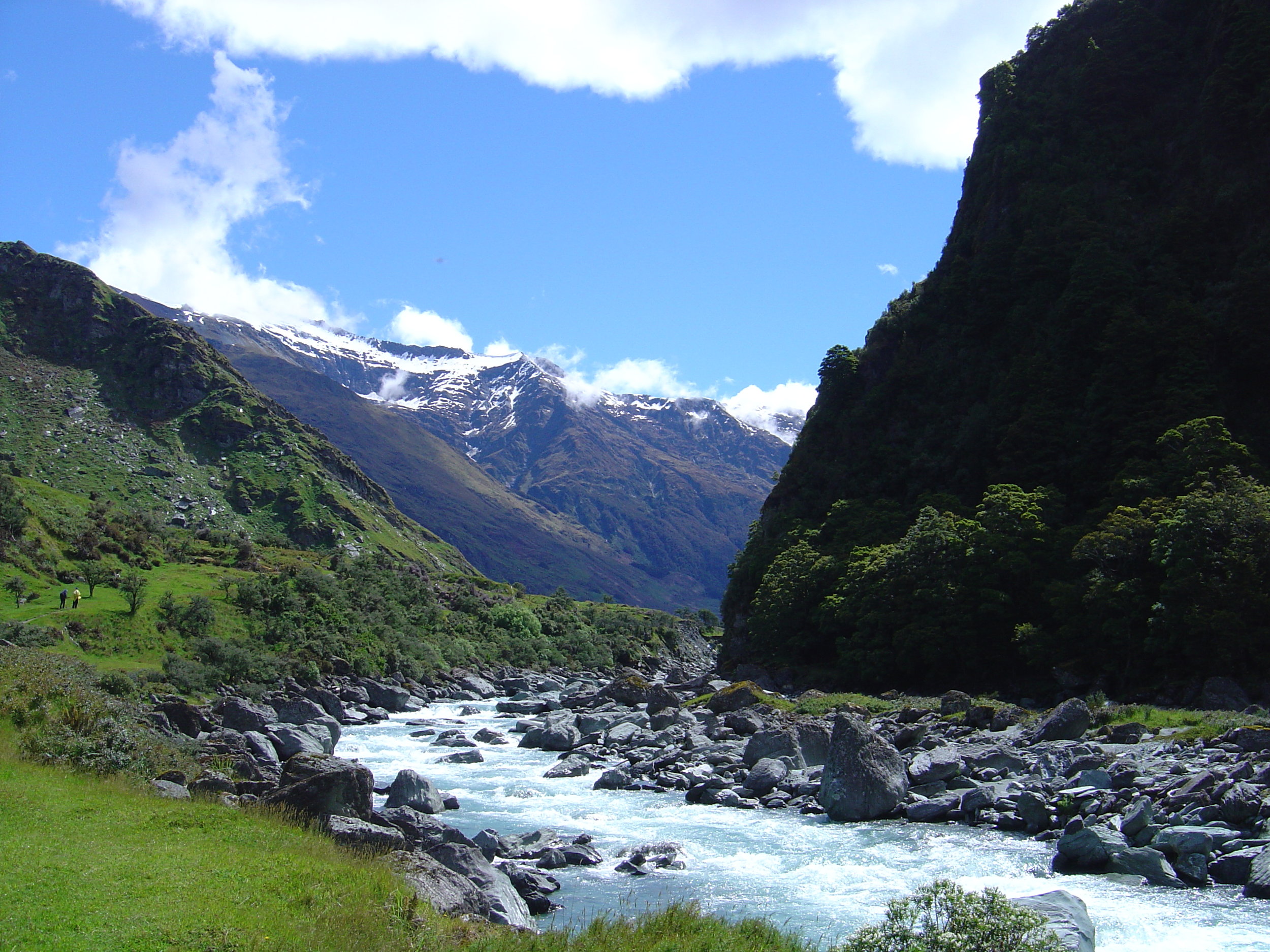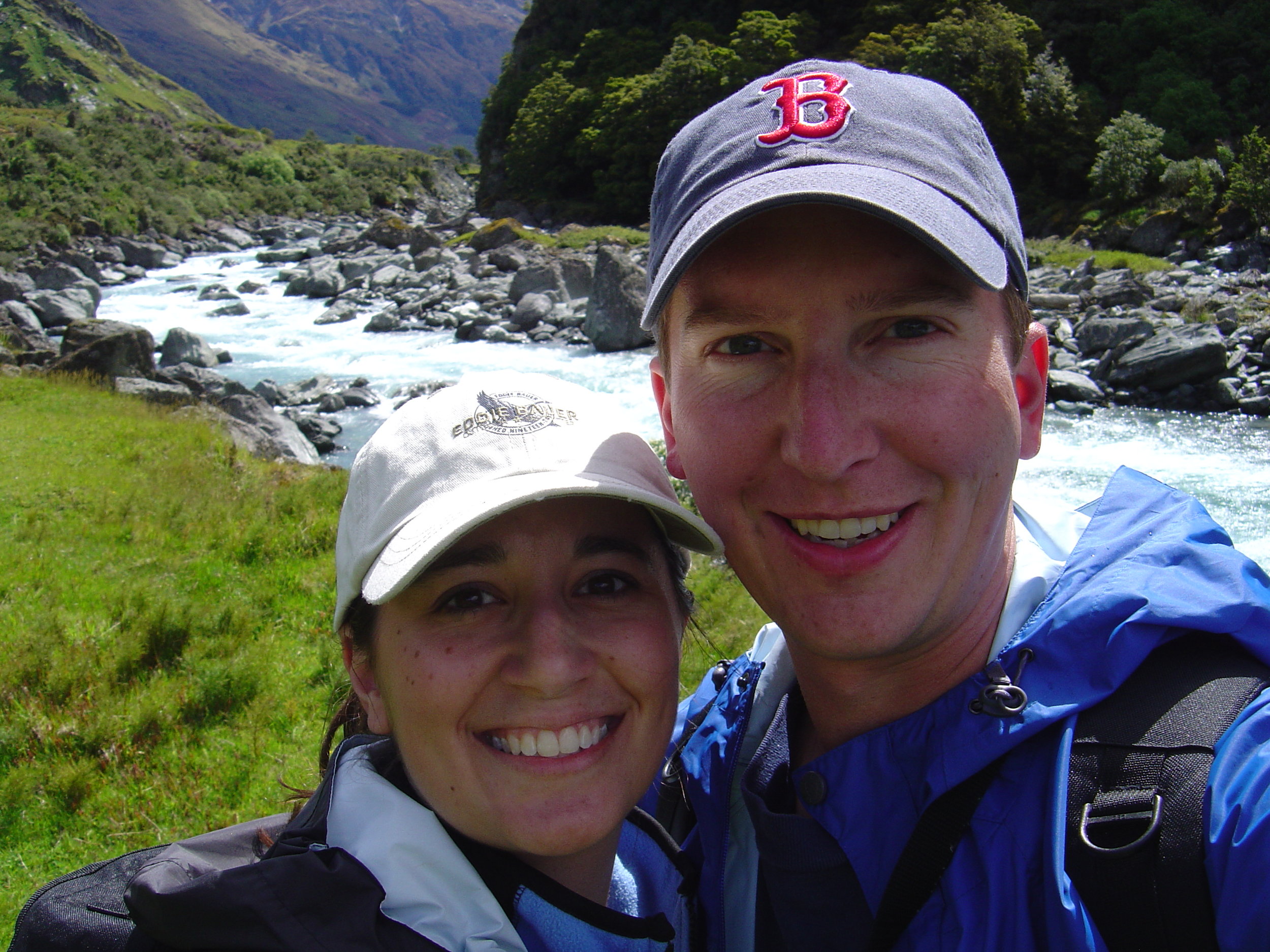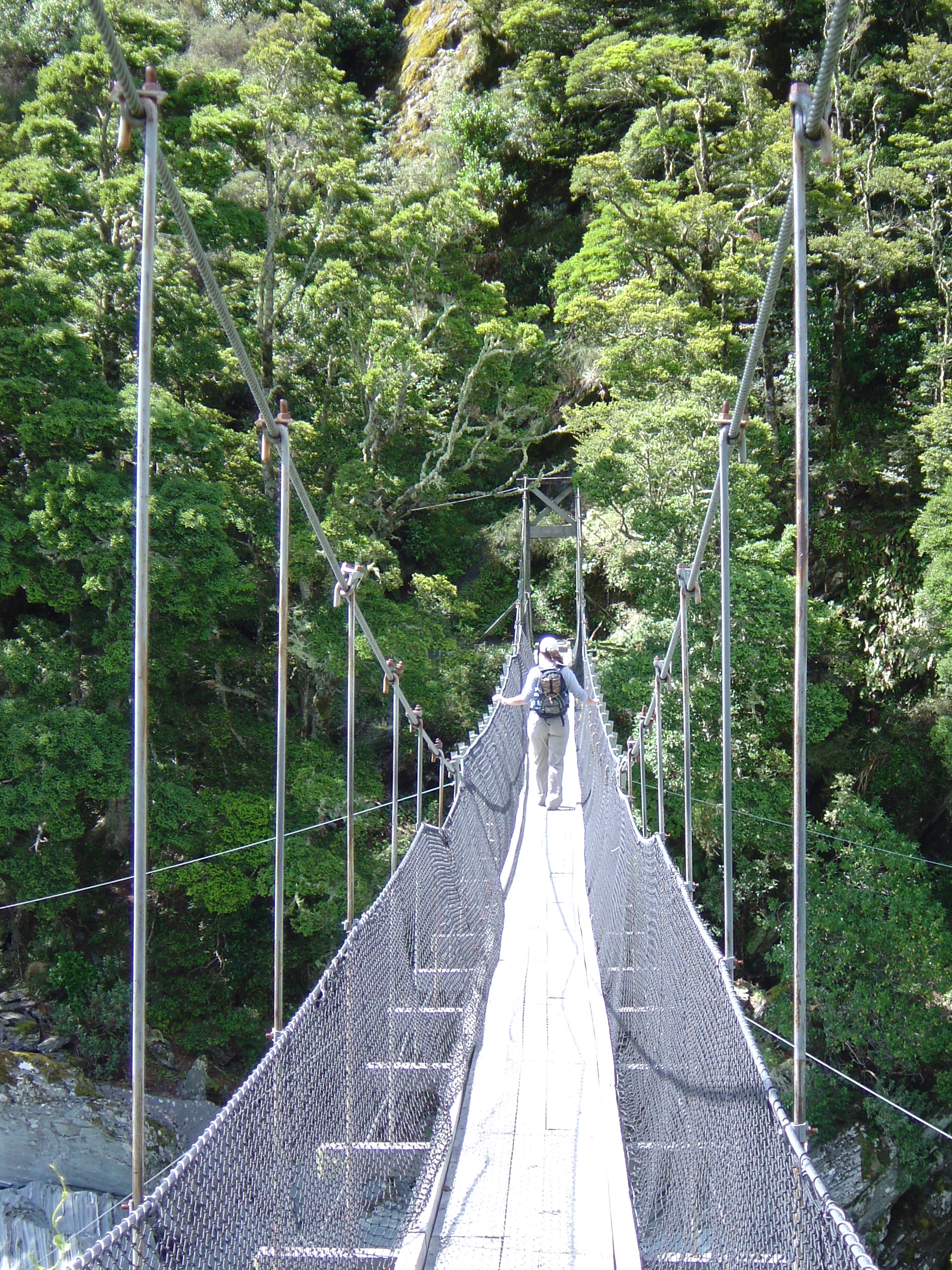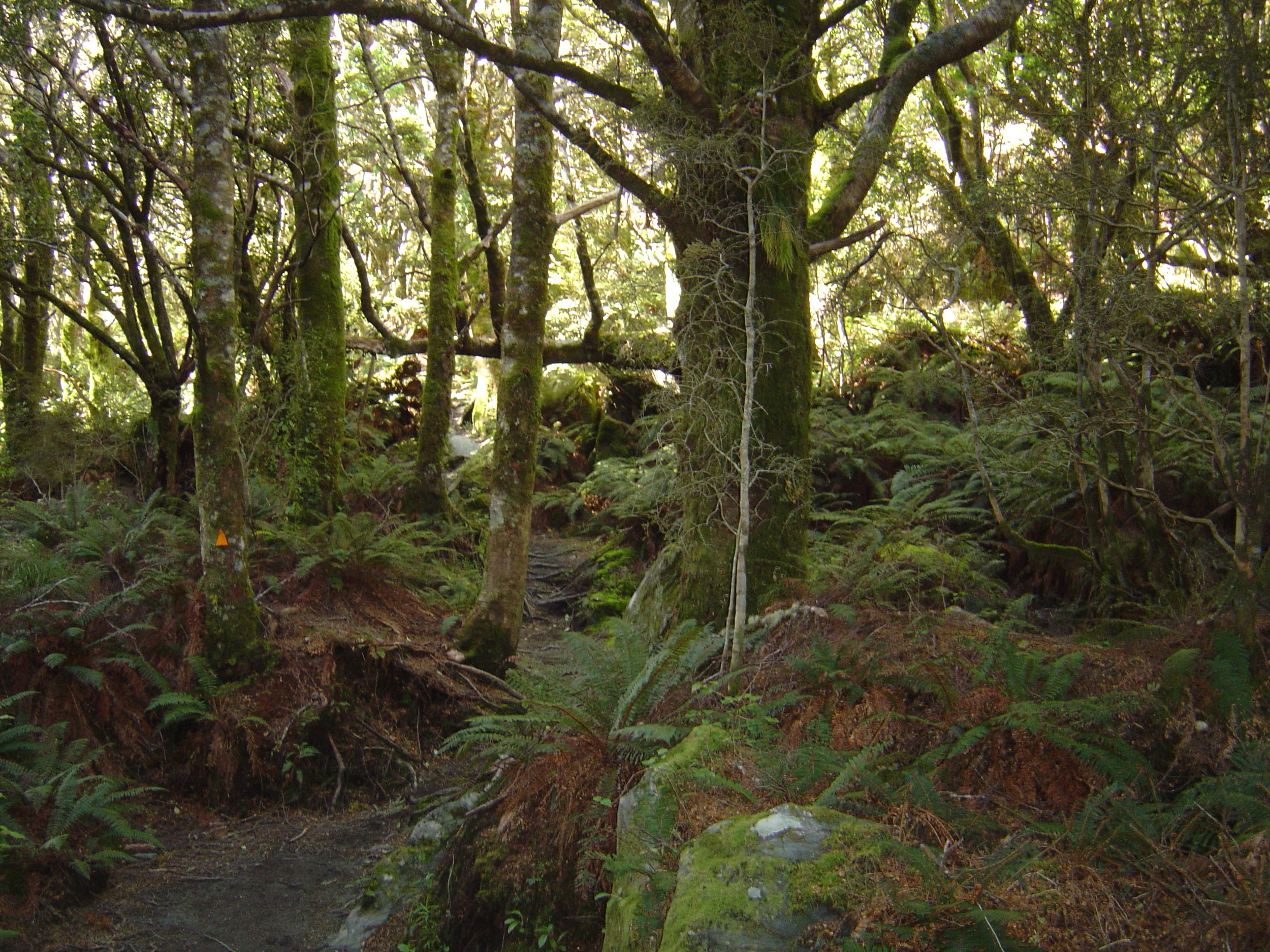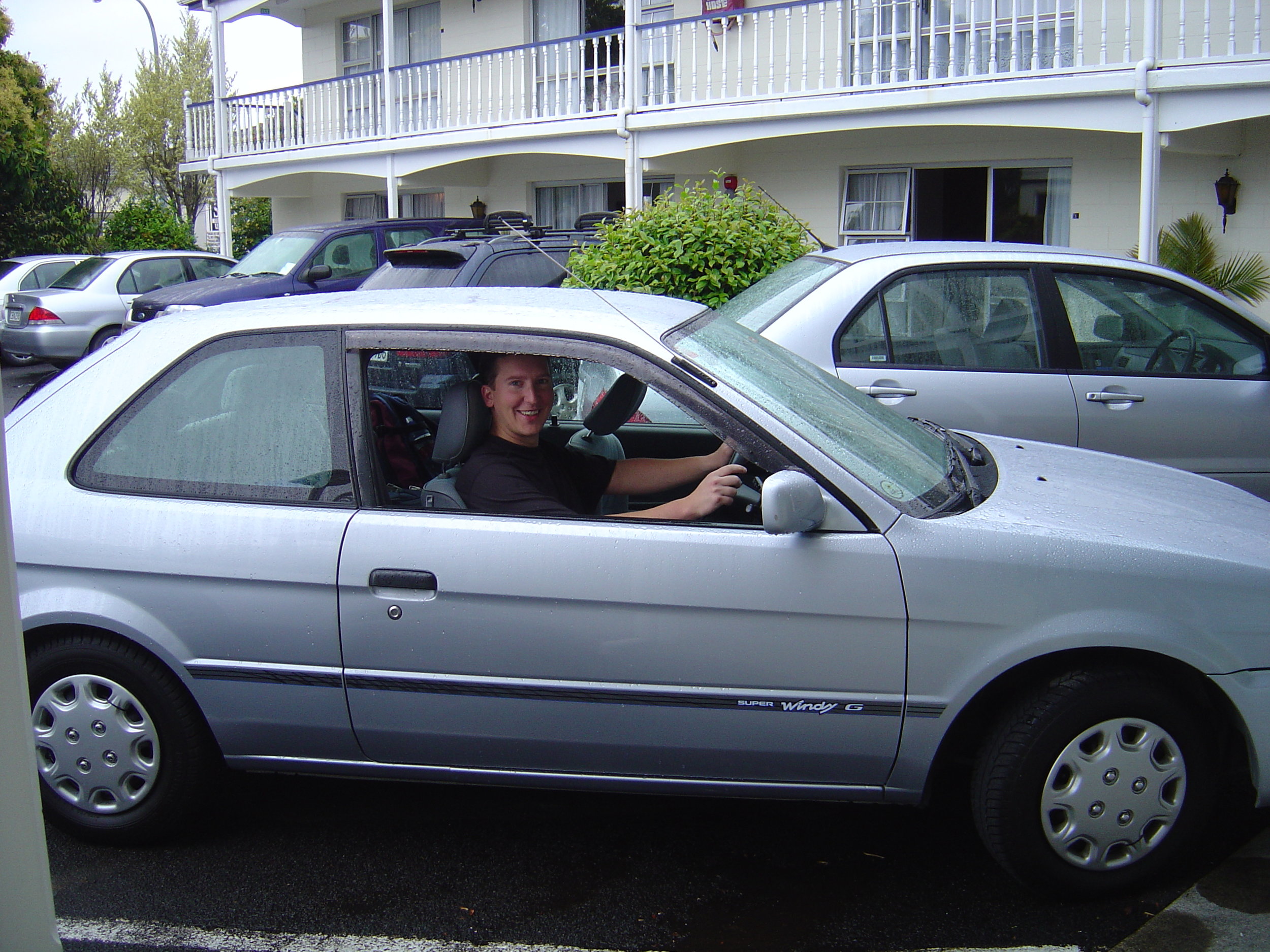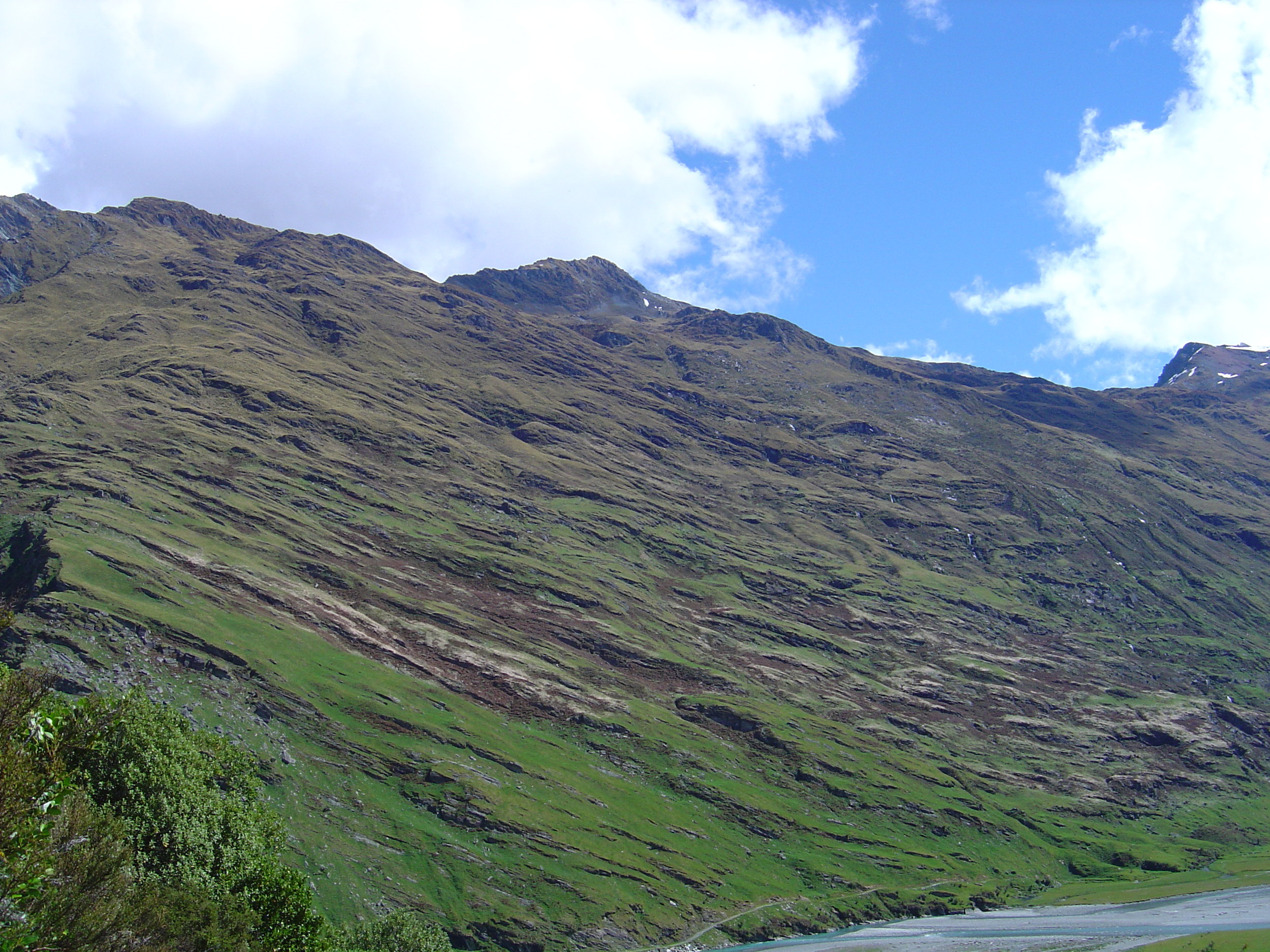It’s March, there’s still a foot of hardened icy snow on the ground in New England, and it’s time to shake up my blog! Today I am chatting with Ralph Walker, fellow author, parent, and early morning coffee drinker. The writing community prides itself on perseverance, patience, and pal-making…we love to support each other in our endeavors. So today I’m highlighting one of my talented friends.
Thanks for visiting, Ralph.
Thanks so much for inviting me to be a part of your blog. For readers who don’t know me, I’m Ralph Walker. I am an architect in New Jersey and I write speculative fiction, particularly near future science fiction.
Let’s start out with a hard question. Oxford comma yes or no?
Hard hitting out of the gate! I don’t want to lose readers over the controversy, so I am going to defer to my editor for political statements on punctuation.
Fair enough. (“Go Oxford!” I say, waving a flag with commas on it). Ahem, tell us about what you write.
I’m really interested in stories about people doing extraordinary things because the world has changed in unexpected ways. Accelerating technologies and climate change both feature heavily in my work, but at their heart all my stories are about relationships and the lengths people go to save their loved ones.
Most of my stories are near future science fiction. I try to peek around the corner to see what might be coming. I’ve always loved techno-thrillers, cyberpunk, and solarpunk. I try to write with optimism and hope even when I explore my character’s darkest hours.
When did your writing journey begin? What drew you to writing?
I am a late bloomer when it comes to writing. I wrote some nonfiction and journaled over the years, but focused on my primary profession, architecture. I started writing more seriously after my daughter was born. I was traveling a lot then and was stuck in hotel rooms by myself. Being away from my family was incredibly stressful and I used storytelling as a way to escape. Early morning writing sessions quickly became a hobby, and now six years later, it is my habit.
That explains #5amwritersclub on Twitter.
What was your inspiration for the Rising Waters series, specifically Grief Protocols?
I see the world changing under our feet, both with technology and nature. Climate change, population growth, the rise of social technology, an evolving utility grid, even the legal constructs of land ownership are all influencing individual wealth, power, and happiness. I am interested in finding the sharp edges of those issues and understanding how they might impact an individual or a family.
One of my first stories, Gators In Kansas, was an exploration about underwater farming through the eyes of a migrant farmer. While that story is part of the UnCommon Lands anthology it set a tone for the stories I have written for Rising Waters.
I also love the anthology form. I am really interested in painting a picture of what the world might become through a series of stories and characters who live in the same world, but may or may not be connected. Grief Protocols, Gators In Kansas, Stealing Air and other stories are all in the same world in my mind.
Grief Protocols is a sibling bond story. I was exploring the distance a family might get stretched and how elastic those relationships may or may not be. That story is more tech-focused, but again, lives in a time and place that is easily within reach today.
Was any of the story for Grief Protocols inspired by real life events?
Happily no, but the relationships are personal and familiar. I have a younger sister whom I am very close with and we definitely have a “country mouse – city mouse” type relationship. She has always been a rock for me and was an inspiration as I explored characters.
Elaborate upon the theme of your short story series.
Rising waters is a speculative series about what could happen. I love to mess with the question What If? What if invasive crocodiles moved into the great plains? What if we embedded social media into our vision? What if we added growth hormones to the air? There are so many wonderful what if questions that grab my attention and the stories grow out of them.
I’m a fan of Black Mirror, Close Encounters of the Third Kind, and Ex Machina and so many other great science fiction stories that take an extreme look at how our world is changing under our feet. Rising Waters aims to accomplish that.
Since I am a hiker / traveler, tell me about your favorite place to visit.
I am obsessed with the shoreline. I love to visit the ocean. Every summer I take my family down to the Jersey shore for at least a week at a time. When I lived in Los Angeles I would go to the ocean as often as I could. There is something really special about the edges where water meets land. There is this constant pushing and pulling, the violence of waves, the movement of sand or rock. It is constantly changing. I get lost in it.
Tell us about your next project – Stealing Air
Stealing Air is, as you might imagine, a heist story. It follows a band of thieves as they attempt to covertly steal a very expensive drug that makes it easier to breath. Nora, our heroine, needs the drug not only to make money, but also for her ailing husband. In this adventure she is taken from the woods of Appalachia to a craft air manufacturer in the sky where she discovers a real treasure.
This is a story about unintended consequences of messing with nature. It was inspired by the debate about putting fluoride in drinking water and more recent events in Flint, Michigan.
I hope you’ll check it out, and if you like it share it with your friends.
Ralph's latest work, available on Amazon.


